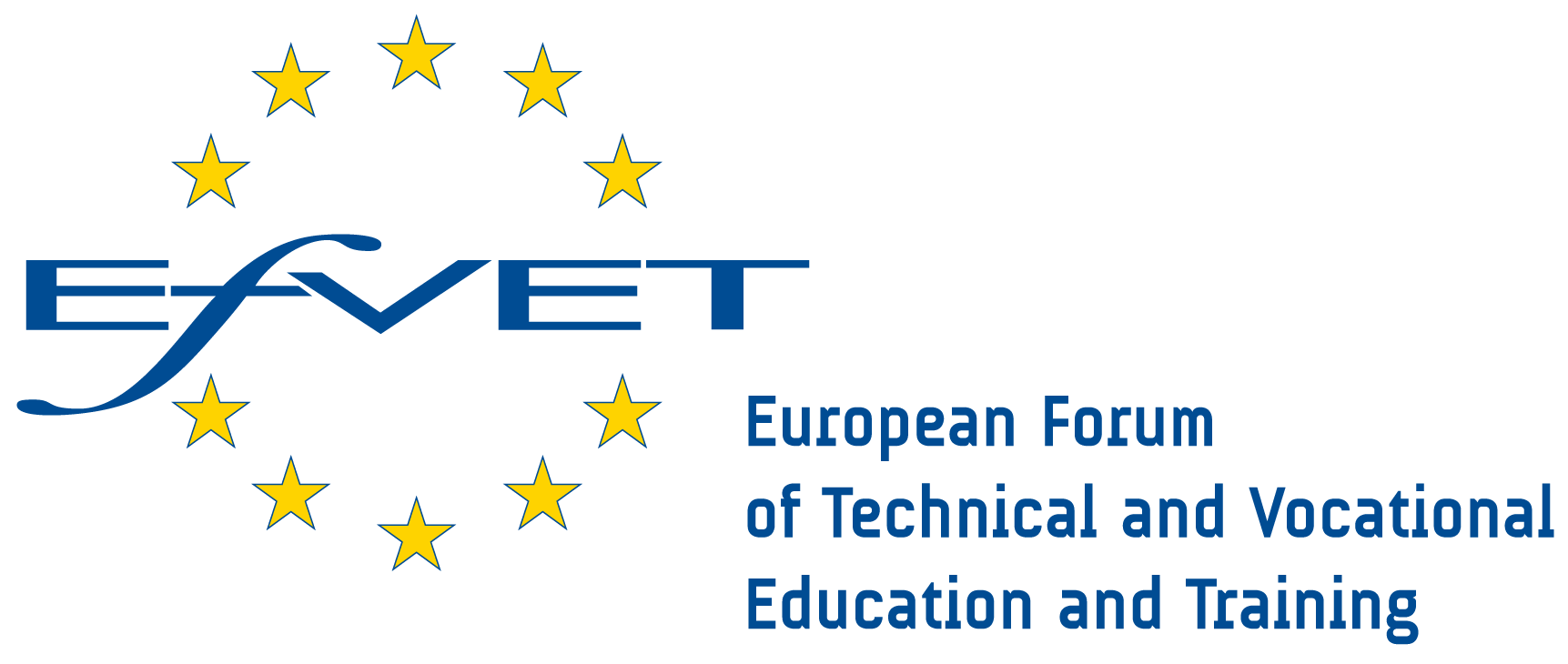SUITABILITY FOR PLACEMENTS...
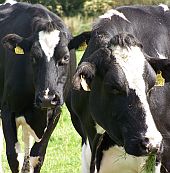
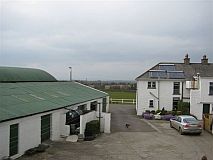
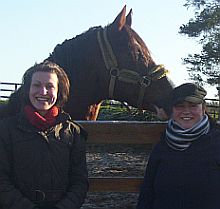
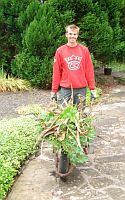
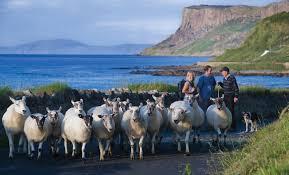

Our programmes are designed to give students a practical experience that will help with their educational path and career choice.
Every student has a particular personality and set of skills that would best suit a certain placement type.
Every student has a particular personality and set of skills that would best suit a certain placement type.
Dairy Farms: Ireland is a very wet country with a lot of animals. These animals live outside most of the year around, except when the weather is very bad during the winter and so there is a lot of mud and dirt on the farm. Our dairy industry is grass based and it is considered very important that cows eat as much fresh grass as possible to make good quality milk.
The cows are brought in from the field morning and evening for milking. Most of our host farms have 60-150 cows being milked at any one time and so a lot of slurry (cow dirt) and mud is created. Students need to be practical and not mind getting dirty, muddy, or wet. They also need to be responsible enough to watch out for problems such as mastitis and to understand the importance of being vigilant at all times.
The cows are brought in from the field morning and evening for milking. Most of our host farms have 60-150 cows being milked at any one time and so a lot of slurry (cow dirt) and mud is created. Students need to be practical and not mind getting dirty, muddy, or wet. They also need to be responsible enough to watch out for problems such as mastitis and to understand the importance of being vigilant at all times.
Mixed Farms: Mixed farms are farms that could have some dairy cows but are primarily beef farms. These farms may have sheep or tillage (crops). Each mixed farm is very different whereas dairy farms tend to be more alike.
In Ireland, unlike in Europe, we have very few farms that only grow tillage, although some farms do produce crops for sale or to feed animals throughout the winter. Jobs on a mixed farm may include tractor driving, checking cattle, fixing fencing, moving herds, and any other work that is involved with the running of a farm. Applicants on these farms need to be practical, not afraid of getting dirty or wet, have a great can-do attitude and ideally have some experience in driving a tractor. Students with some mechanical knowledge or interest are usually very popular with these hosts.
In Ireland, unlike in Europe, we have very few farms that only grow tillage, although some farms do produce crops for sale or to feed animals throughout the winter. Jobs on a mixed farm may include tractor driving, checking cattle, fixing fencing, moving herds, and any other work that is involved with the running of a farm. Applicants on these farms need to be practical, not afraid of getting dirty or wet, have a great can-do attitude and ideally have some experience in driving a tractor. Students with some mechanical knowledge or interest are usually very popular with these hosts.
Horses: Ireland has a very developed horse industry. There are a lot of horses here and many farms have at least one or two of them. Ireland is a nation of showjumpers, crosscountry riders, hunters and quality breeders. Our families take their horses and their horses' care very seriously. Irish families spend a lot of time and energy on the horses they love so much.
Usually these families compete in some way and in some cases to a very professional level. We have hosts with horses from all grades, from riding centres, which suit the more inexperienced person, to international competition yards. It is very important that we have an accurate idea from a student's application as to what level his/her knowledge is. An inexperienced person placed with competition horses could be at risk of getting hurt, whilst an experienced person working with basic family horses will become frustrated because they will not be learning and developing.
Usually these families compete in some way and in some cases to a very professional level. We have hosts with horses from all grades, from riding centres, which suit the more inexperienced person, to international competition yards. It is very important that we have an accurate idea from a student's application as to what level his/her knowledge is. An inexperienced person placed with competition horses could be at risk of getting hurt, whilst an experienced person working with basic family horses will become frustrated because they will not be learning and developing.
Applicants need to have a basic knowledge of stable management, be able to muck out stables, tack up and lead a horse, clean tack, groom the horse, etc. and at least have ridden in their local riding centre for five years. We also have placements for people who are competing showjumping (not dressage) and these placements will offer a great learning opportunity and maybe even a possibility of competing. We need photographs and videos that will show the student's current riding ability (trotting, cantering, jumping) so potential hosts can determine if the student will be suitable to work on their yard. Pictures of students just sitting on stationary horses or petting horses will not help a student secure a suitable placement, as this will give a view of a non-rider, with little experience.
Agri-tourism: To supplement the farm income, many farming families welcome guests into their home during the summer season, usually from May to September. These farm guesthouses need an extra pair of hands to look after guests, making breakfasts, cleaning rooms, etc. The day usually starts quite early to cook breakfasts for the guests, serving them and cleaning rooms. This is normally finished by lunchtime and the student has time off until late afternoon when the next guests start to arrive. Tasks will include helping to take bookings, welcoming guests, making teas and coffees and similar activities. Not all tourism placements are farm based. These placements are perfect for girls interested in tourism and the country life but not wanting to be outside all day. A couple of out agri-tourism placements have cookery schools attached to them which are particularly good for people hoping to go into cooking as a career.
Landscaping: The landscaping programme is a very specific experience, aimed at landscape students. They want to come to Ireland not only to improve on their English language skills, but to learn what it is like to manage a landscape project from start to finish. Each applicant is given an assignment which has been designed by the host. The landscape student will then travel to Ireland and implement this design and bring the project to life. We actively encourage these students to use their creativity and to perhaps suggest alternative ideas to the host families if they believe it will enhance the overall project. This type of work placement is usually part of the student's practical studies and applicants may have to prepare a report in relation to their landscape project, with which the host can help you.

